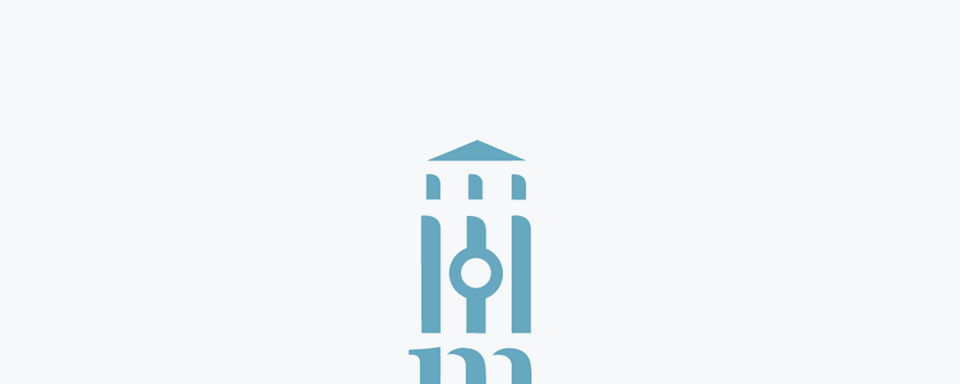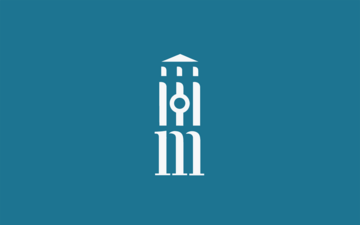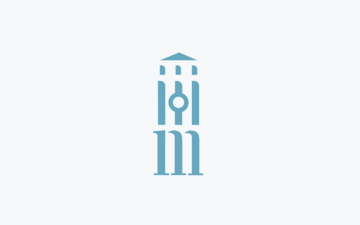Maize Books Q&A with Jack Dougherty

Our friend and colleague Jack Dougherty posed several excellent questions after our recent announcement. With Jack's permission, we've reproduced his questions here with answers and commentary indented below. We have also included a follow-up question from another friend and colleague, Kristen Nawrotzki. Many thanks to Jack and Kristen for the opportunity to participate in a stimulating dialogue!
How to interpret ‘peer review when desirable’? The main selling point of Maize Books, according to this announcement, is that “titles will be evaluated by the acquiring editors and Editorial Director of the University of Michigan Press. They will undergo peer review when desirable, including experimental forms of peer review designed to suit the requirements of individual publications.” Kathleen Fitzpatrick’s recent book, Planned Obsolescence, persuaded me to consider alternative models of peer review, including the “open peer review” model of designated experts and general readers that co-editor Kristen Nawrotzki and I organized with the University of Michigan Press for Writing History in the Digital Age. But what does “peer review when desirable” actually mean in practice? Given the higher value that scholars — and tenure committees — place on peer review, will books published under this imprint be viewed differently than others issued by the Press? Will each Maize book include a clear statement that describes what kind of peer review, if any, was supervised by the Press? (Picture a kosher stamp of approval, or digital badge if you prefer.)
As a point of clarification, we should note that Maize Books is not an imprint of the University of Michigan Press. Rather, it is an imprint of Michigan Publishing, of which the University of Michigan Press is an integral unit. It is already the case that many books we publish do not need full peer review (e.g., festschriften and conference volumes, regional titles, textbooks, etc.). These books do undergo evaluation to ensure quality and rigor, but they do not have the official imprimatur of the Faculty Executive Committee of the University of Michigan Press. The critical conversation around academic publishing abounds with examples of scholars (senior scholars with established reputations, typically) for whom the full peer-review process represents an unnecessary burden on resources (both time and money). It is reasonable to infer that offering such scholars opportunities to publish under the Maize model will relieve some pressure on the traditional peer-review process.
But to return to Jack’s question, his reference to a hechsher of sorts is an apt comparison. In the world of kosher certification, there isn’t just one body who determines what is kosher and what is not. Different communities have their own trusted marks, and sometimes there are even disagreements about whether or not something is indeed kosher. In the world of scholarly publishing, “peer review” has long served as an indicator of legitimacy. But it has never been applied uniformly to all publications or authors—there has always been work that either does not require peer review or is amenable to different forms of evaluation.
Each Maize Books title will have a statement describing the type of peer review it has undergone. We envision that some authors might even forego peer review altogether, opting for post-publication review or other types of experimental vetting and legitimization. Will these titles be viewed differently than others we publish? Almost certainly. Just like with kosher certification, we can’t force a particular community to accept our mark of certification. We have to build trust over time through transparency and hard work.
If we want to see new kinds of academic publishing taken seriously, more authors and presses need to pursue these kinds of experiments. We see Maize Books as one more example of an an ongoing process that is happening in the industry at large, not just at the University of Michigan. In the coming weeks, you will hear more from us about how we are responding to these industry-wide changes, and how we are working to create the future of academic publishing, starting with new developments at the University of Michigan Press, and Michigan Publishing as a whole.
Which imprint is preferable? The more I ponder the flexible options promised by the Maize Books imprint, the more I wonder: wouldn’t every prospective University of Michigan author want this? The benefits include “fast turnaround times” for “distribution both online and in print”; the latter will be “high-quality, low-cost print editions produced on demand.” (Do any authors really prefer slowly-produced, higher-priced editions?) Furthermore, Maize Books offers authors the option to distribute via “freely accessible open access publication as well as via recognized sales channels,” which reinforces this flexibility. Unless there are some hidden downsides that I’ve overlooked, my conclusion is: which authors wouldn’t want all of these options? Taken a step further, what author would submit a manuscript via the “traditional” route at Michigan (or whatever you wish to call it). Part of the answer depends on if/how the Maize Books imprint is described on the general “information for authors” page of the Press website. It’s not there yet, nor do I see any mention on that page of digitalculturebooks, another open-access & paper imprint of the Press. How the publisher spells out these subtle differences will influence prospective authors. Does the Press portray Maize Books as a normal route — or an alternative way to publish? (And if you didn’t detect the status implications in that question, go back and read it again.)
While it’s easy to imagine that every author should want to take advantage of Maize Books, the fact remains that not every book is a good candidate for a print-on-demand process. Highly illustrated volumes, non-standard formats, and very large print runs don’t always benefit from POD. And not every author is amenable to open access or alternative forms of peer review. Some authors and books will want or need to go the “traditional” route. Like many presses, we publish a range of different kinds of books (academic, trade, regional interest, textbooks, etc.), so we already recognize that there isn’t just one way to get work out there.
As an imprint of Michigan Publishing, not the University of Michigan Press, Maize Books isn’t meant to replace the existing process used by the Press to acquire, review, and publish titles. Rather, it’s goal is to complement what we can do for and with our authors. This is one of many new developments happening at Michigan Publishing—the larger organizational unit of which the Press is an integral part—and we’ll be spending the summer updating much of our web presence to reflect these changes. Over the coming months, you’ll hear more from us about our author’s agreements, organizational structure, branding, and much more. We wanted to start talking about Maize Books sooner rather than later to help us recruit manuscripts and authors that would be a good fit for what we are trying to accomplish.
What’s up with the Maize metaphor? Tell us more about the name choice and the vision it signifies. Should we picture a sustainable grain product that takes root at Michigan and spreads widely across the Americas and the globe? Or will Maize come to represent lower-track scholarly publishing, similar to corn syrup? I’m clearly rooting for the success of the former, and encourage the Press and its prospective authors to work together to clarify and shape the robust future of this promising imprint.
The University of Michigan is the land of maize and blue. Riffing on the idea of “blue books,” a staple of the academic experience, we starting calling this program “maize books” early on. And, as so often happens, the name stuck.
Follow-up question from Kristen Nawrotzki [originated as a comment on Jack’s post]:
Jack, I would add to your question of “How to interpret ‘peer review when desirable’?” the question: desirable by whom? If peer review has been a main way presses seek to exert quality control over the manuscripts they choose to publish, will it still be the press’s decision as to whether peer review is desirable, or the author’s? On what grounds? [Now that I’ve read the announcement a few times, I’m unsure whether I’ve been reading it correctly. Should I instead understand this as “When the titles are deemed desirable by the press, they will undergo peer review”? If so, my questions above would be moot.)
It probably goes without saying that peer review serves multiple functions. It is, as Kristen Nawrotszki notes in her comment, a quality control mechanism for publishers making significant investments in the projects they publish. It is also an important piece of the academy’s promotion and credentialing apparatus. When it comes to Maize books and the first function of peer-review, we have significant confidence in the knowledge and expertise of our editorial staff. Simultaneously, we recognize that the scholars (especially junior scholars) need more than our editorial confidence. They need to be able to make compelling cases for promotion and tenure. To put it most simply, peer review is desirable in that latter case.
To return to an early point, however, not all peer-review is created equal. For some authors (and some administrators), anything short of full vetting by external reviewers and the University of Michigan Press Executive Committee (i.e., “traditional peer review”) may feel like “lower-track” scholarly publishing. We believe this is a short sighted view to take when it comes to many kinds of projects. It is important — we believe — to take an incremental but concrete approach to addressing the complex challenges we face as a publishing operation. Maize books is not designed to transform scholarly book publishing on its own. Rather, it represents the avant-garde of our our experiments in scholarly book publishing. The success of the experiments we mount here will help determine how we transform other, more traditional elements of what the University of Michigan Press has been doing since 1930.


